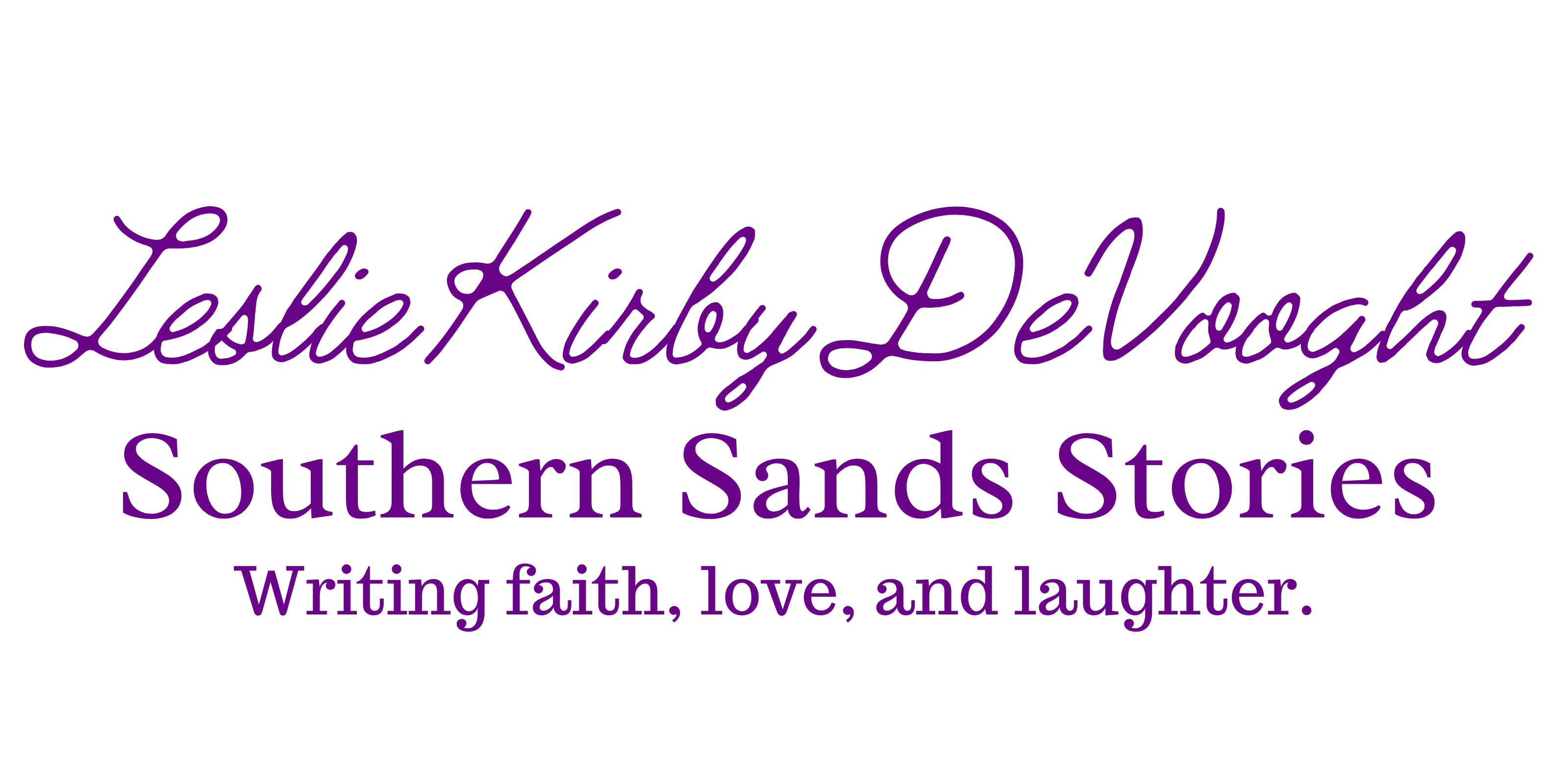The Writing Marathon
 Writing a book is like running a half-marathon, or at least it was for me. It takes months of daily work, but once you complete either, you know you can do it again. Confidence comes with crossing the finish line. But you can’t finish if you never start. Since I made my writing career public, people tell me all the time that they want to write. I used to be one of those people, so how did I get to be the kind of person who has completed three books? A lot of work—a lot of prayer—some laughs—a few goosebumps—and more tears than you can imagine.
Writing a book is like running a half-marathon, or at least it was for me. It takes months of daily work, but once you complete either, you know you can do it again. Confidence comes with crossing the finish line. But you can’t finish if you never start. Since I made my writing career public, people tell me all the time that they want to write. I used to be one of those people, so how did I get to be the kind of person who has completed three books? A lot of work—a lot of prayer—some laughs—a few goosebumps—and more tears than you can imagine.
When I was in high school, college, and law school, I would start writing a book, complete about three pages, and then find something easier to do with my spare time, but I never stopped reading novels. Besides saving me from dreams about res ipsa loquitor, it helped me discover the kind of books I would want to write and learn from successful authors. I think that reading is essential to writing, so even if you don’t think you’re ready to write today, be sure you keep reading—maybe jot down your favorite plots or great lines. (See you’re writing already.)
My first story came to me on a run, it poured out of some place in the back of my brain. I dashed home, and stood, dripping sweat onto the first spiral notebook I could find as I wrote the outline. It took me another year to write my first draft because I was working two part-time jobs as a lawyer and a judge, raising three kids, and serving as PTA president. I only say that because most people say they can’t write because they are too busy.
Friends, you will always be too busy unless you decide to carve out the time. But give yourself grace, you don’t have to write the whole book in one month. I heard one author say, he wrote his first book, only writing on Saturdays for a year. Another author suggests writing one page a day, and by the end of the year, you will have written 365 pages. (By the way, that’s longer than any book I’ve written.) One of my favorite suggestions is from author Allie Pleiter in her book, The Chunky Method Handbook. She says to write one index card a day.
Here are some of my suggestions. Write an outline or a synopsis that you can work from but don’t be surprised when your characters take you on a different journey. Try to write one scene a day. I also like to keep a scene idea file on my computer if I know I’m going to write a story about something specific. Recently, I printed my scene file for a Christmas book and realized, all I needed to do was throw the scenes together into order to write the book. (Sounds easy, right? I’m still on the first chapter.)
Always, always, always have a notebook with you to jot down ideas. You never know when inspiration is going to hit, and if you’re like me, I’ll forget that brilliant line about five minutes later. Sometimes I have my children or husband write down lines, while I’m driving. (Don’t ask what I do when I’m driving alone.) On that note, put a recording app on your phone, so you can “write” and drive safely. Schedule a time to write—it could be fifteen minutes or two hours, but schedule it like you would an important meeting.
Remember you are merely writing a rough draft. You don’t have to show it to anyone, and I don’t really recommend that. (Remember my first book—well it is still on the shelf, waiting for a major edit, and this week I will be doing the fifth or sixth edit on my current novel.) You will need some major editing. It is all part of the process, but more about that next month. I plan to post writing tips once a month, so get your index cards, schedule some time, and come back for more tips. After two years of reading craft books, I am overflowing with knowledge I would love to share with you.
In the meantime, here are five of my favorite writing craft books:
- The Emotion Thesaurus – Angela Ackerman and Becca Puglisi
- Writing the Breakout Novel – Donald Maass
- Goal, Motivation, and Conflict – Debra Dixon
- Deep Point of View – Marcy Kennedy
- Write a Novel in a Month – Jeff Gerke
© Leslie DeVooght 2017
